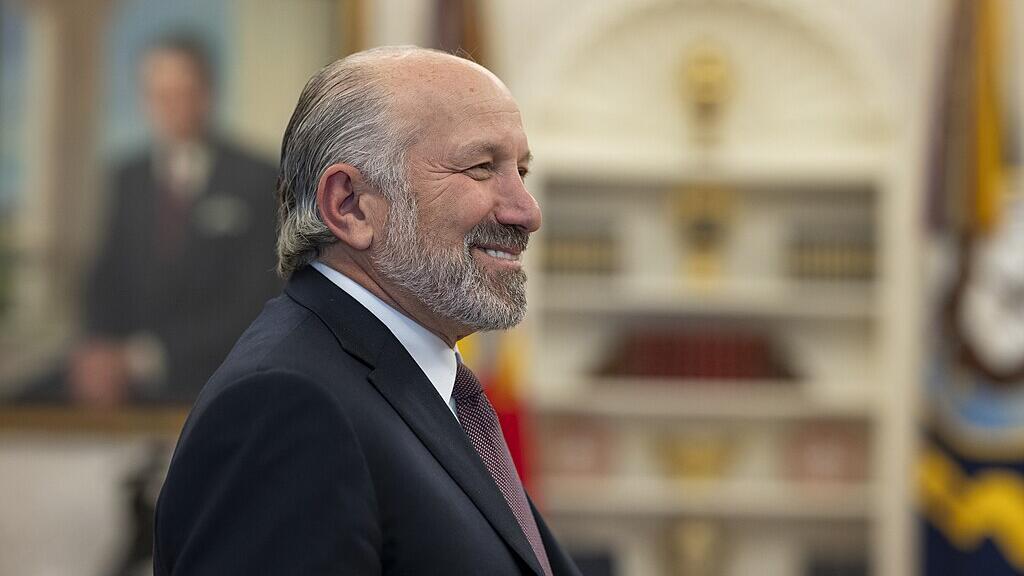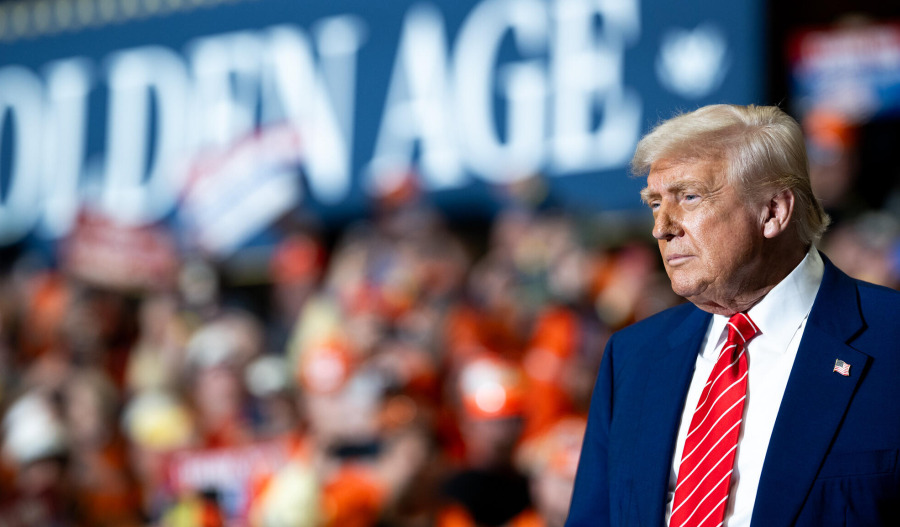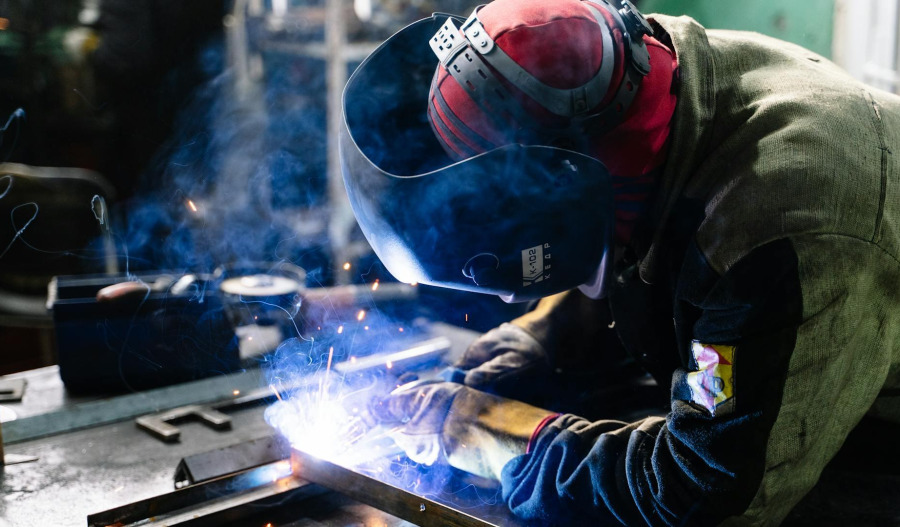United States Commerce Secretary Howard Lutnick said Europe should reconsider its rules on big tech companies if it wants lower U.S. tariff rates on steel and aluminium exports.
These comments come as officials from the U.S. and the European Union meet in Brussels to discuss the status of the trade framework that the two sides agreed upon in July.
Brussels has raised concerns over Washington’s expanded list of goods covered by high steel and aluminium tariffs.
Over 400 products containing aluminium and steel were subjected to a 50% tariff, a list the EU believes is so broad it goes against the spirit of the framework deal struck in July.
The deal set in July set a baseline tariff of 15% on most EU imports to the U.S., while the EU remains committed to lowering most of its tariffs to zero.
At the same time, the EU and the U.S. pledged to work together to reduce tariffs on steel and aluminium.
Lutnick called upon the EU to analyse its digital rules and try to “find a balanced approach that works with us” in response to the steel tariffs being discussed in Brussels.
"They would like to have steel and aluminium as part of this package and we think it is very, very important that they understand our digital companies and they reconsider their digital regulations to be more inviting to our big companies," Lutnick said in an interview with Bloomberg Television.
“And if they can come up with that balanced approach, which I think they can, then we will, together with them, handle the steel and aluminium issues and bring that on together.”
These comments by Lutnick signal a departure from the U.S.’s previous stance, which threatened to retaliate against the bloc’s digital laws, while advocating for light-touch artificial intelligence regulation.
Lutnick said the loosening of the bloc’s digital rules could open up opportunities for the EU, offering U.S. investment in return, mainly through data centres that power AI.
“If the European Union can find a way to have a balanced digital set of rules, I think the European Union can see $1 trillion of investment,” he said.
U.S. firms have been unsatisfied with Europe's Digital Markets Act that came into effect last year.
The act was aimed at boosting competition through setting rules that would require big tech companies to make their products compatible with other brands.
European officials have previously said that its digital rules were not up for negotiation. European Trade Commissioner Maroš Šefčovič said the EU had maintained that stance when the issue arose on Monday.
"This is not discriminatory. It is not aimed at American companies," he added.



